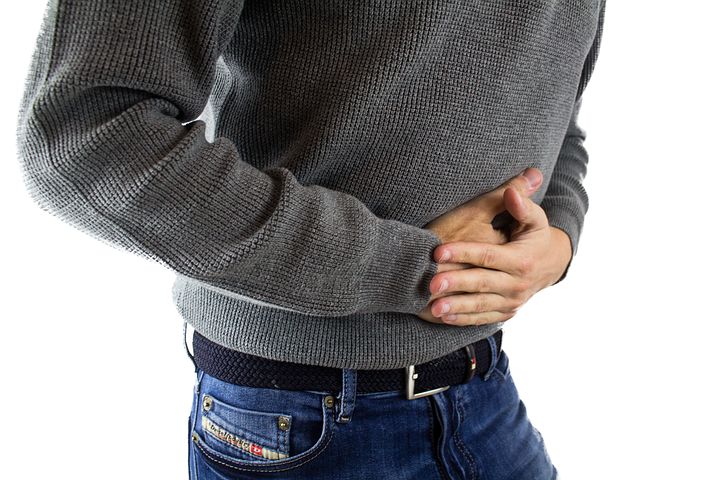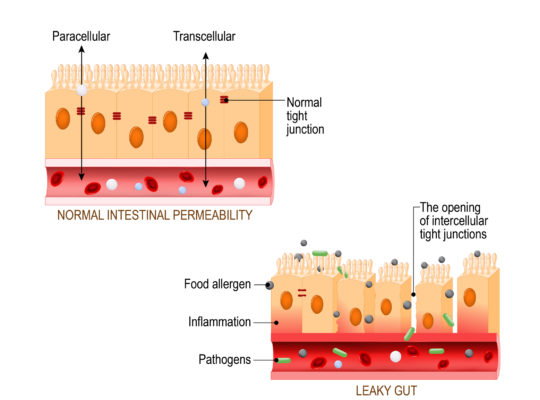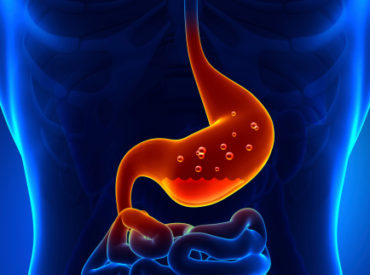I was one of three children and, in my family, when it came to meals you ate quickly so you didn’t go without. This is not the best strategy if you want to adequately digest your food and avoid indigestion. Research shows that good eating hygiene can help alleviate gas, bloating, distention, belching, and mild reflux. By following these four tips you can achieve better digestion and gut health.
1) Slow down. Digestion takes time. And digestive secretions such as stomach acid, bile, and pancreatic enzymes need time to be fully secreted. If you wolf down your meal in a hurry, a very full stomach has trouble mixing acid and enzymes with your food, thus leading to indigestion. It also takes about 20 minutes for your gut to signal to your brain that you’re full and reduce your sense of hunger (courtesy of a hormone called cholecystokinin). Eat quickly and you’re much more likely to overeat and end up feeling bloating 20 minutes later.
2) Chew. Believe it or not, on average we chew a bite of food only about 6 times before swallowing. To reduce post-meal gas and increase energy, chew your food 20-30 times ideally until the food is liquid before swallowing. The less we chew our food, the harder our gastrointestinal tract must work to break it down. When carbohydrate foods hang around too long in our guts, the bacteria that break them down creates gas build-up as a metabolic byproduct. This results in distention, bloating, and flatulence.
3) Prioritize eating. Eating “on the go” or when we’re stressed is a recipe for indigestion. When we’re stressed our sympathetic nervous system engages the “fight or flight” response. The body doesn’t prioritize digestion when it’s in survival mode so it’s important to relax and have your body in the parasympathetic mode (“rest and digest”) at mealtime. This way your body can prioritize digestion. One way to accomplish this is to treat each meal as a special, singular event. Learn to be in the moment with eating and enjoy the colors, textures, aromas, and flavors of food. Distraction increases food intake so schedule stressful discussions, replying to tense emails, or paying bills after mealtime. Your gut health will thank you!
4) Don’t drink too much during meals. When you consume large amounts of water during a meal, you dilute the acidity of your stomach acid and slow digestion. This can cause an early sense of fullness and belching and long-term can cause malnutrition (especially low Vitamin B12, magnesium or iron). The best time to hydrate is in between meals. If it’s near mealtime and you feel thirsty, drink water right away. Then allow your body 20 minutes or more to absorb it before eating. This allows the water to clear your stomach before its digestive duty begins.
Don’t be fooled by how simple these ideas seem at first; they are powerful!







